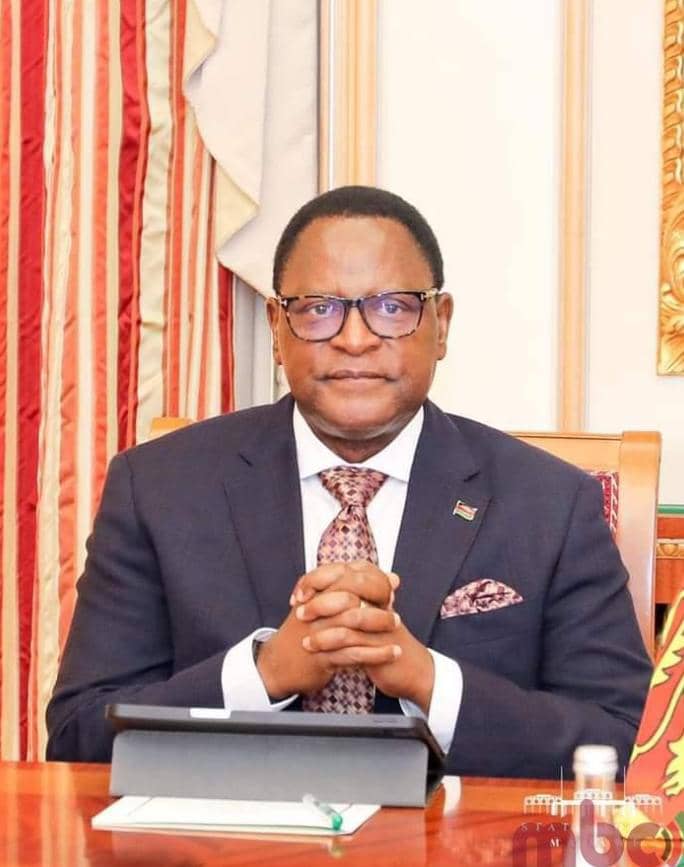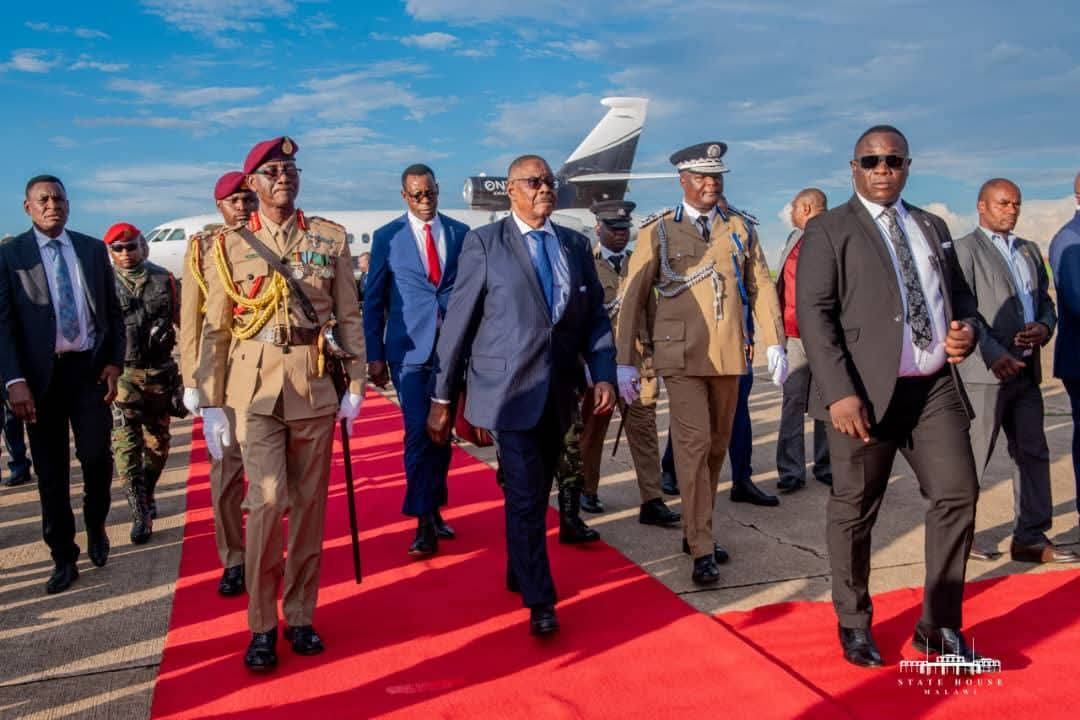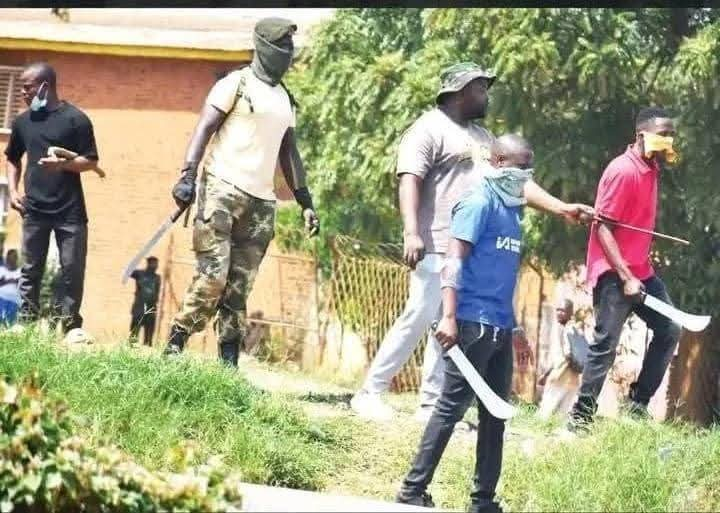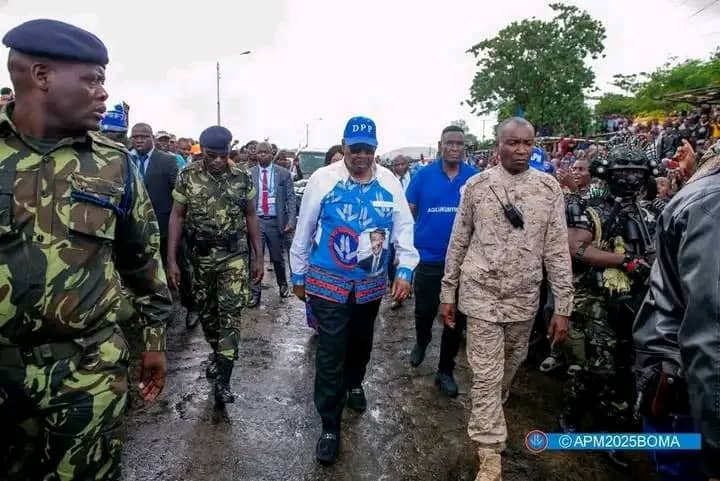By Burnett Munthali
In Africa, the pursuit of democracy remains an ongoing struggle. While some nations make strides toward genuine representation and fair elections, others veer off course, using calculated tactics to retain power at the expense of true democracy. Zimbabwe and Rwanda stand out for their electoral practices that favor incumbents while stifling opposition. Zimbabwe, under ZANU-PF’s long rule, has developed a system of manipulation that continues to undermine its democratic processes. Rwanda, meanwhile, has created a “managed democracy” under Paul Kagame, where opposition voices are minimal, and elections appear controlled.
Now, Malawi, a nation with a rich history of democratic reform, shows troubling signs of adopting these tactics. The recent visit of Homeland Security Minister Ken Zikhale Ng’oma to Zimbabwe—where he observed strategies from ZANU-PF—raises questions about whether Malawi is on the same path. Meanwhile, rumors of Malawi’s collaboration with Israel spark additional fears about potential misuse of surveillance. With Malawians having endured significant challenges under the current government, it is essential for the opposition, civil society, and citizens to stay vigilant to prevent the erosion of Malawi’s hard-won democracy.
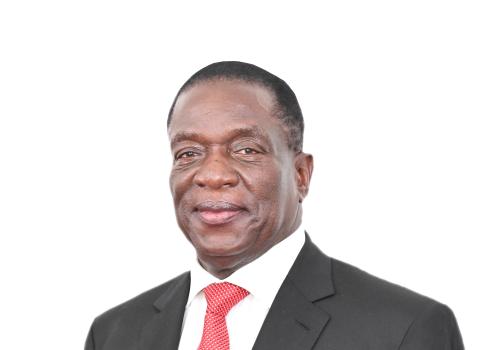
Zimbabwe: Decades of Manipulated Elections
Since Zimbabwe gained independence in 1980, the ruling party, ZANU-PF, has rarely faced genuine competition. The recent elections underscored the extent of manipulation, with opposition candidates and international observers condemning the process. Allegations of voter intimidation, military involvement in electoral activities, and questionable voting processes have made it clear that democratic principles in Zimbabwe are severely compromised.
The election period saw various undemocratic tactics deployed, including the suppression of opposition rallies, interference with vote counting, and biased media coverage. By keeping critical media outlets under state control, the government has ensured that dissenting voices remain unheard, and only the ruling party’s narrative is projected. In some regions, reports emerged of voters being threatened or coerced into voting for ZANU-PF, making it difficult to trust the authenticity of the results.
What’s more alarming is the pattern of arrest and intimidation of opposition leaders. Those who dare challenge the status quo find themselves harassed, monitored, or even detained, an approach that has turned Zimbabwe into a highly controlled political environment. For citizens, this creates a sense of hopelessness, as the ruling party has made it nearly impossible to initiate change through democratic means.
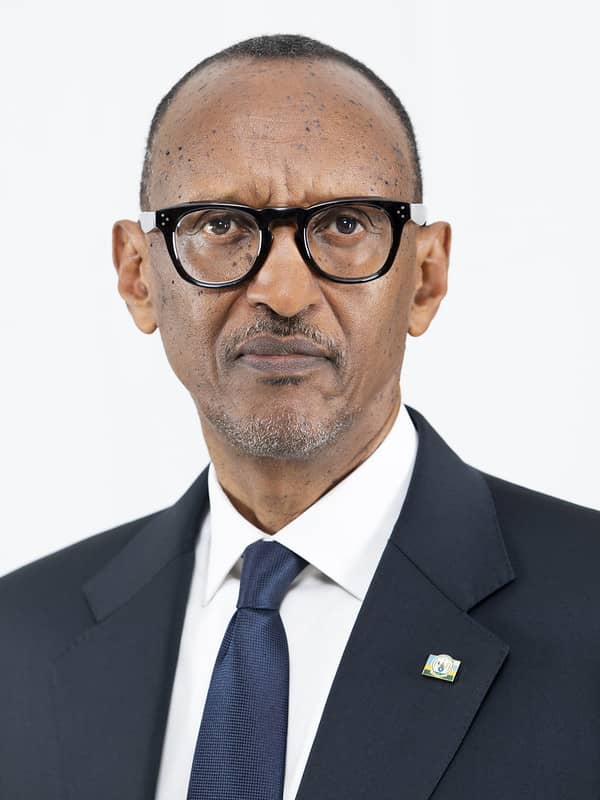
Rwanda: A Managed Democracy Under Kagame
Rwanda, under President Paul Kagame, presents a different approach. While Kagame’s leadership has brought stability and economic growth, the country’s political system is anything but open. Kagame, in power since 2000, has maintained his position through a “managed democracy,” where elections are held, but the outcomes are hardly surprising. By tightly controlling media, suppressing opposition parties, and maintaining an extensive surveillance system, Kagame ensures that dissent is minimized, and his power remains unchallenged.
Rwanda’s political structure is built on the principle of preventing any opposition from gaining ground. Opposition figures are often harassed, and several prominent critics of Kagame have faced criminal charges or been exiled. Human rights organizations and international observers have raised concerns about Rwanda’s lack of genuine political freedom, but the regime continues to defend its approach as essential for national security and stability.
This carefully managed system makes it difficult for citizens to engage in meaningful political discourse. With the state controlling much of the media, Rwandans rarely hear alternative viewpoints, creating an atmosphere where criticism of the government is practically absent. The public image is one of unity, but beneath the surface, Kagame’s government exerts a tight grip over Rwandan society.
Malawi’s Worrisome Shift: Are We Following Zimbabwe and Rwanda?
In Malawi, recent actions by the Malawi Congress Party (MCP) suggest an uncomfortable shift toward these undemocratic tactics. Homeland Security Minister Ken Zikhale Ng’oma’s visit to Zimbabwe to observe electoral strategies is particularly troubling. Given Zimbabwe’s documented history of manipulation, Ng’oma’s visit raises questions about the tactics Malawi’s ruling party might be planning for the 2025 elections. If Malawi begins mirroring Zimbabwe’s approach, it could mark a significant erosion of democratic principles.
This shift is especially alarming because Malawi has long been seen as a beacon of democracy in the region. The 2020 election re-run, which saw the rise of President Lazarus Chakwera, was a moment of pride for Malawians, as it represented a rejection of election fraud. Yet, less than five years later, concerns are growing that Malawi’s government may be adopting similar methods of manipulation that it once condemned. Reports of government influence over media and civil society, along with growing fears of political interference, are dark signs that democracy in Malawi is facing serious risks.
Alleged Ties to Israel: Heightening Concerns Over Surveillance and Control
In recent months, rumors have surfaced that Malawi’s government may be collaborating with Israel, possibly seeking surveillance tools to monitor its citizens and political opposition. Israel’s security expertise is well-known, and if Malawi’s government is indeed procuring technology for surveillance, it could further restrict the country’s democratic space. With advanced surveillance, the government would have unprecedented power to monitor opposition leaders, activists, and journalists, creating an environment where dissent becomes nearly impossible.
Such tactics would mirror Rwanda’s approach, where surveillance and media control keep opposition voices at bay. If Malawi were to embrace such measures, it would represent a stark departure from the values of transparency and accountability that Malawians have fought to uphold. The government’s silence on the nature of its collaboration with Israel only fuels speculation, making it vital for civil society and media to investigate and keep the public informed.
Opposition and Civil Society: A Call to Action
As Malawi approaches the 2025 elections, the role of opposition parties, civil society organizations, and everyday Malawians has never been more critical. They must be prepared to defend democratic processes by demanding transparency from the government, holding officials accountable, and educating voters about their rights. Opposition parties have a duty to scrutinize every stage of the electoral process, from voter registration to vote counting, to ensure no irregularities are allowed.
Malawi’s history of democratic activism suggests that its people will not accept a return to authoritarianism lightly. Civil society groups and independent media have played a crucial role in maintaining checks and balances, but they are now under significant pressure. The vigilance of these organizations and individuals will be essential in preventing Malawi from sliding into the undemocratic practices seen in Zimbabwe and Rwanda. International observers must also be invited to monitor the elections closely, providing additional oversight and deterring any attempts at manipulation.
Conclusion: A Crucial Moment for Malawi’s Democracy
Zimbabwe and Rwanda offer stark warnings about what can happen when governments prioritize power over democratic principles. In Zimbabwe, decades of manipulation have left citizens disillusioned and disenfranchised. Rwanda’s tightly managed democracy allows economic progress but restricts freedom, creating a society where opposition is virtually nonexistent. Malawi’s recent actions suggest that it may be following a similar path, raising concerns among citizens who fought hard for democratic gains.
Malawi’s leaders face a choice: either pursue a path of transparency and fairness or risk alienating their people by embracing repressive tactics. The opposition and civil society in Malawi must stand together, prepared to resist any attempt to undermine the 2025 elections. For a country that once set an example for democratic resilience in Africa, this is a defining moment.
Summary
Zimbabwe and Rwanda exemplify how ruling parties can undermine democracy through election manipulation, media control, and suppression of opposition. Now, Malawi shows signs of adopting these tactics, raising concerns about its democratic future. With its ruling party allegedly seeking inspiration from Zimbabwe’s electoral playbook and possible surveillance ties with Israel, Malawi risks eroding its democratic principles. It is essential for opposition parties, civil society, and citizens to remain vigilant to prevent Malawi from following in the footsteps of Zimbabwe and Rwanda. As the 2025 elections approach, the actions of Malawian leaders will determine whether the country continues to uphold democracy or embraces authoritarian control.

